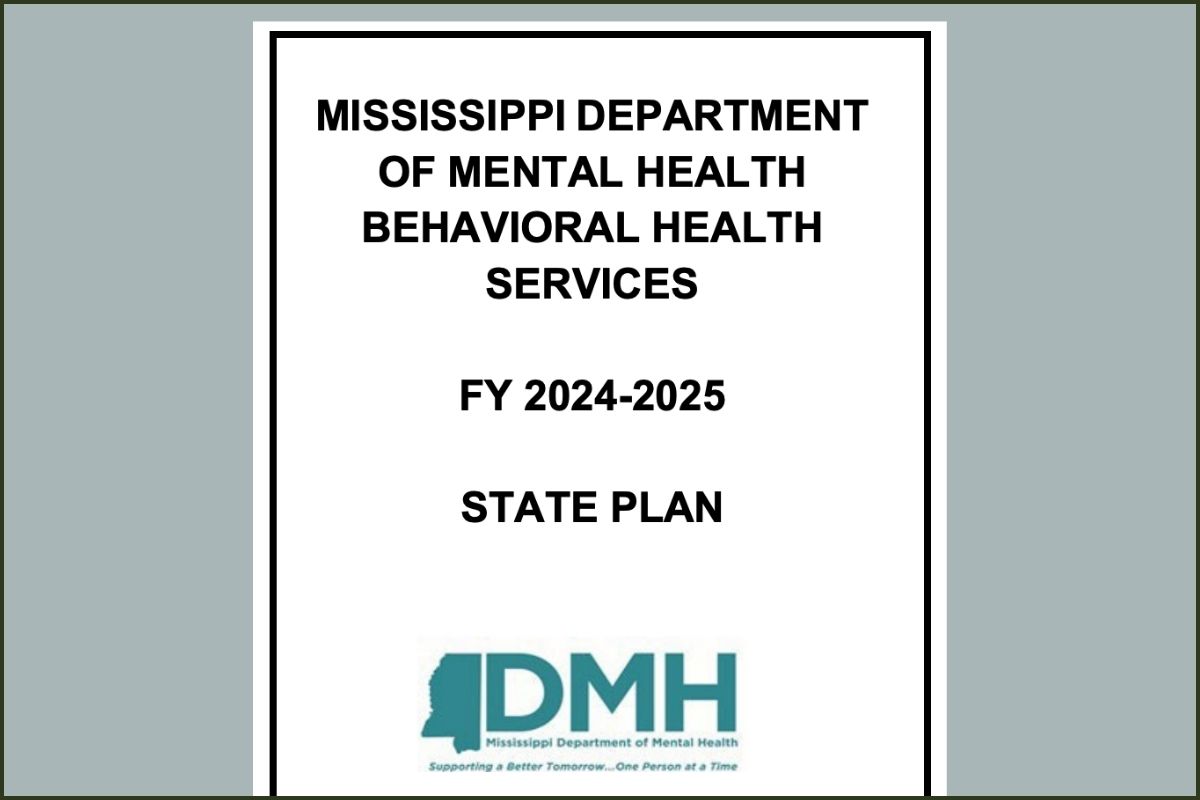At the beginning of August, the Mississippi Department of Mental Health (DMH) asked for public input on its combined block grant application to the Substance Abuse and Mental Health Services Administration (SAMHSA). The DMH receives these funds to help adults with serious mental illnesses, children with serious emotional disturbances and adults and youth with substance use disorders live successfully in the community.
SAMHSA requires states to do these things related to their block grants:
- Submit a plan explaining how they will use the funds to provide comprehensive, community-based services to the people the money is intended to serve.
- Provide annual reports on their plans.
- Distribute funds to local government entities and non-governmental organizations to provide the kinds of services that are needed.
- Ensure community mental health centers offer certain services such as screening, outpatient treatment, emergency mental health services, and day-treatment.
- Comply with general federal requirements to manage and monitor grants and be able to show what the state is doing with the money.
- Collaborate with people receiving services and the federally mandated planning council, a group of people primarily with lived experience and others with a vested interest in the behavioral health care system.
The behavioral health planning council is responsible for reviewing, monitoring, and evaluating the adequacy of behavioral health services for its state.
In April and May, Mississippi’s behavioral health planning council distributed a needs assessment to learn what would be helpful to adults, youth and children with mental illnesses and substance use disorders. You can read the initial results of the needs assessment below. Please remember that the identified trends are preliminary:
- Community Survey Summary Results (demographics and other objective data)
- Community Survey Themes (Please note the council redacted some comments and deleted one comment to protect confidentiality.)
State block grant applications should address the needs identified in the council’s assessment.
Here is the original DMH’s combined block grant application draft.
In this copy, Families as Allies’ public comments appear on the draft application (using the comment feature throughout).
Families as Allies thanks the council and its dedicated co-chairs, Scott Willoughby and Tiffany Tine, for their hard work and cohesive spirit. We also commend the DMH staff, notably August Irving, for their commitment to working with and supporting the council in leading this process.
We recognize that the turnaround time between the survey and the block grant application did not allow for the complete integration of the survey findings into the application. We look forward to working with the council and DMH to ensure that the needs of people with lived experience (as they define them) drive all aspects of the service system.

